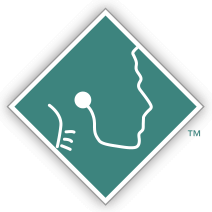Why is my TMJ giving me discomfort?

Physical trauma, such as getting hit in the head, could result in a disturbance to one or both TMJ. When there is a disturbance, people can experience discomfort, popping, clicking, or locking. Because the TMJ is located next to the ear canal, ear pain is likely to occur in addition to these symptoms. This popping sensation is a result of the articular disc sliding in front or behind the mandibular head, or condyle. Without the protection of the cartilage disc, the bone of the condyle will start to rub against the bone of the mandibular fossa. This can create a crunching sound call crepitus and will damage the bone slowly over time.
Is my grinding contributing to my TMJ discomfort?
People who clench or grind their teeth will exacerbate the damage a dislocated TMJ disc will have. People place added pressure on the jaw and TMJ while grinding the teeth. Unfortunately, people will grind at night while sleeping and not know they are doing it. As a result, those who are grinding may wake up with soreness in the TMJ, sore muscles, headaches, and earaches. People may also be clenching during the day while they are awake.
What can I do to treat my TMJ dysfunction?
To treat TMJ disorders and prevent further damage, specialized oral appliances can be made to decompress the jaw and give relief to the damaged disc while it heals. Your dentist will be able to tell you if you are grinding as it leaves your teeth with marks of wear from the excessive pressure placed on them. The dentist will also be able to evaluate the TMJ and diagnose any irregularities in its function. Often, a sleep study is performed to identify sleep apnea, or a disturbance in one’s breathing function while sleeping prior to receiving oral appliances. TMD left untreated can result in long term damage to our bodies and take away from our quality of life, so it is important to address it with correct treatment.
